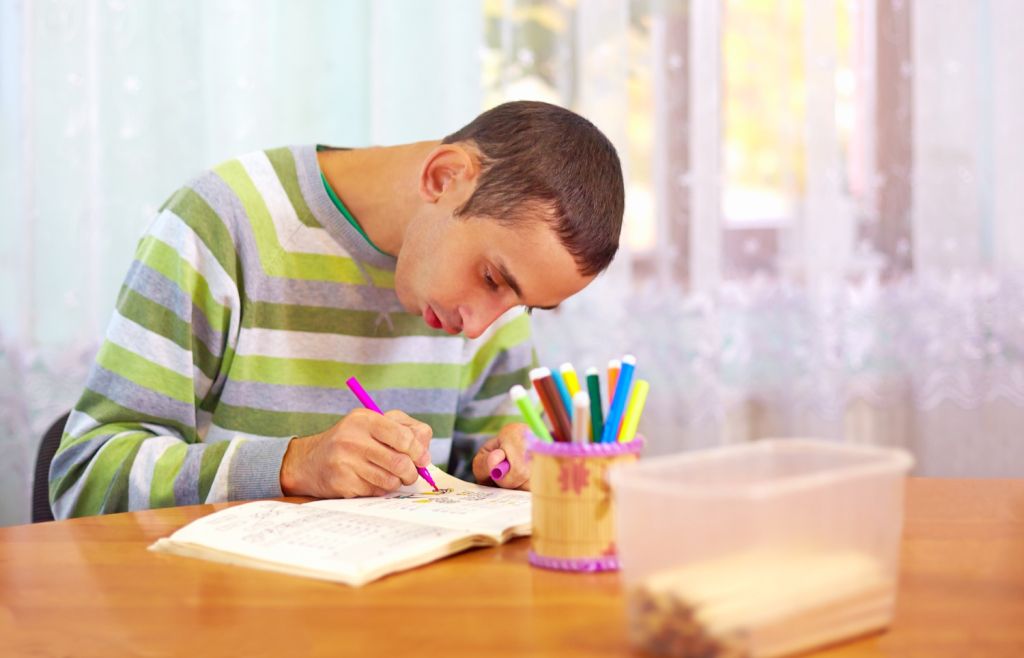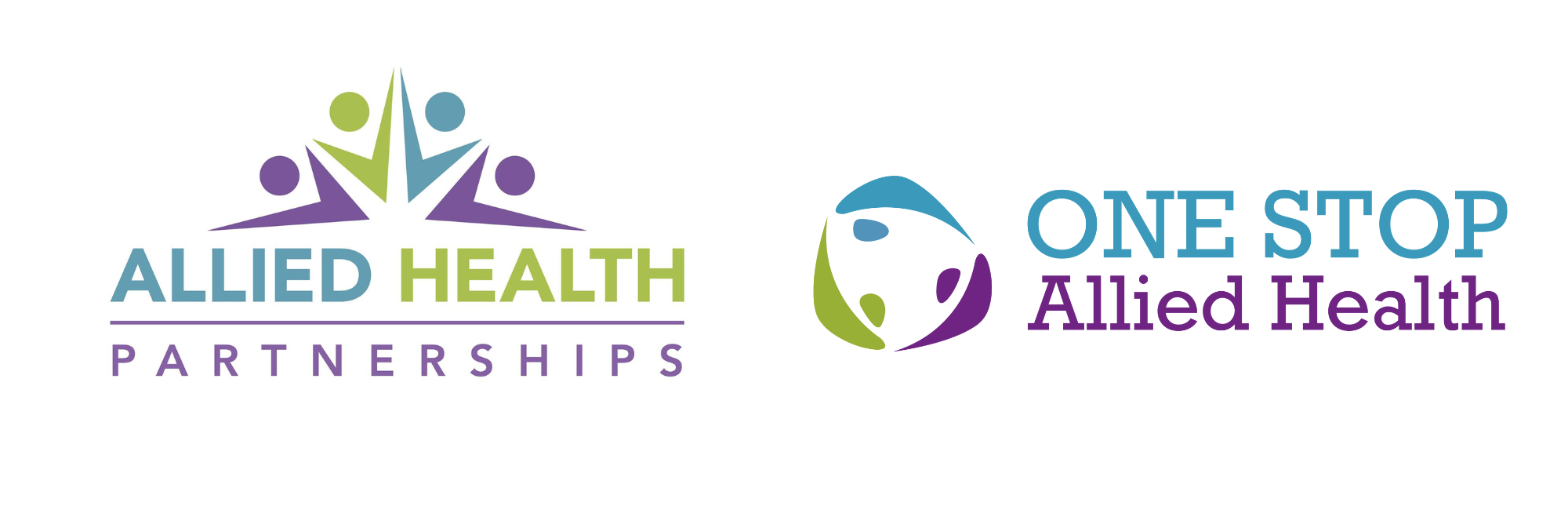Over 35 Years of School Support
Speech Pathology
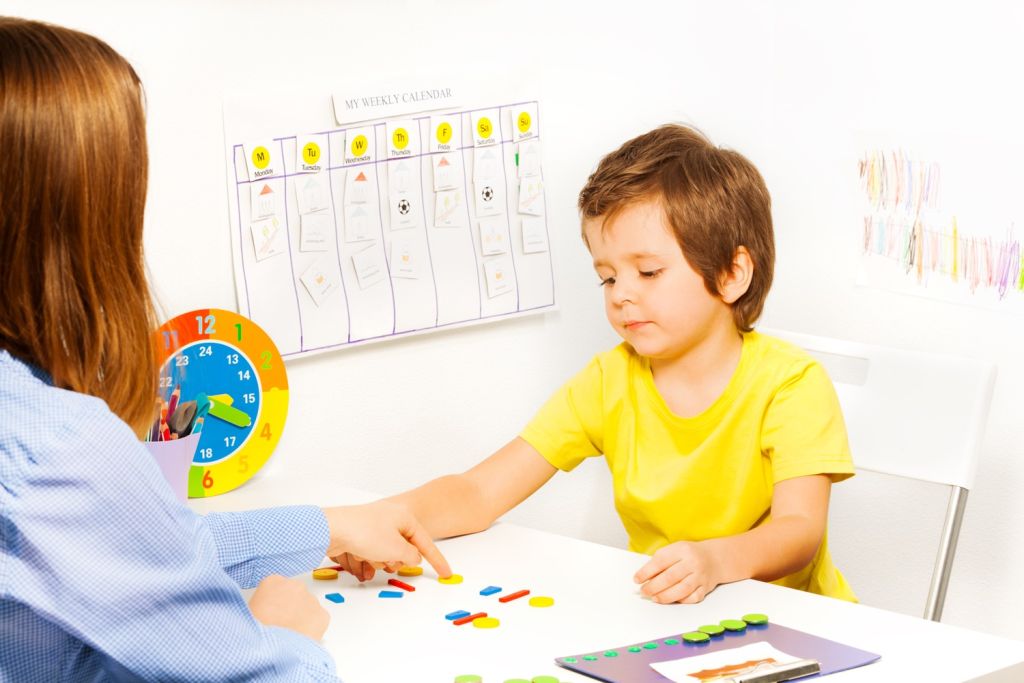
Speech Pathologists are Tertiary qualified diagnostic clinicians. They are able to not only treat, but also diagnose language disorders. Speech Pathologists not only help a child speak clearly, but their role expands to all levels of communication from non-verbal communication to high levels of HSC exam preparations.
Speech Pathologists can help people develop their:
Receptive Language Skills
Understanding what other people are saying, understanding the parts of a question, a statement, a request etc. Language is very complicated and can even come down to tone and body language to correctly interpret what others are saying.
Expressive Language Skills
Being able to communicate their wants and needs to others in an effective manner. Working from basic requests such as “Food” to higher level persuasive writing skills for the HSC or above.
Articulation (Speech Sounds)
The clarity in which sounds are made by the mouth. As children we develop this clarity within stages and easier sounds, such as ‘m’ and ‘d’ come before the more complex sounds like ‘r’ and ‘th.’ As a general rule – your child should be completely understandable (with some incorrect sounds) by the time they are 5-6.
Fluency
Stuttering comes in many forms. It is not just ‘repeating the first sounds of a word’ there are blocks, whole word repetition and other forms of stutters. We are experienced with working with stutters. It is Important to state that early intervention is important for stutter correction, otherwise we are working on stutter maintenance and control.
Literacy Skills
Developing the underlying skills for reading and writing through phonemic awareness and articulation skills.
Public Speaking
Assisting with confidence, voice projection and content.
Voice
Assisting people of all ages with voice support; working with vocal nodules, nasal speech and voiceless talking as well as voice projection, strained voices and voice preventative care.
Social Skills (Pragmatic Skills)
Social skills are an important part of society, to know how to introduce yourself, start a conversation, maintain a conversation as well as making friends and sustaining healthy friendships.
Swallowing
We have feeding therapists who are experienced and trained in OMA (Oral Motor Assessments) and can refer to our local hospital system for Swallowing studies. Feeding is an important part of everyone’s lives. Whether we consume our food orally, through a Naso-gastric tube (NG tube) or PEG – our feeding clinic can assist.
Written Communication
Verbal and written communication skills are different. They come with different expectations and requirements, sometimes people need support not with their verbal communication skills, but with their written skills. This is another area our Speech Pathologists can help with!
Alternative and Augmentative Communication (AAC)
Some people benefit from using other communication systems other than, or in collaboration with talking. These systems may include, but are not limited to – LAMP, Key Word Sign, Proloquo2go, PECS, Switches etc. We can help to find what works best for you and your family.
Speech Pathologists can provide assessment and therapy for the communication skills of children and adults. Speech Pathology assessments can result in a language disorder being diagnosed and suggest recommended supports.
Therapy can be short term with a small focus, or long term with a progression series of goals to work through. We help to navigate through the complexities of language and use explicit teaching strategies to help you reach your goals.
Occupational Therapy
Occupational Therapists (commonly known as OT’s) enable people to participate in their activities of everyday life (the things they need and want to do).
You can find OT’s in many areas of health. Our OT’s focus their skills on working with children and young adults, along with their families and carers.
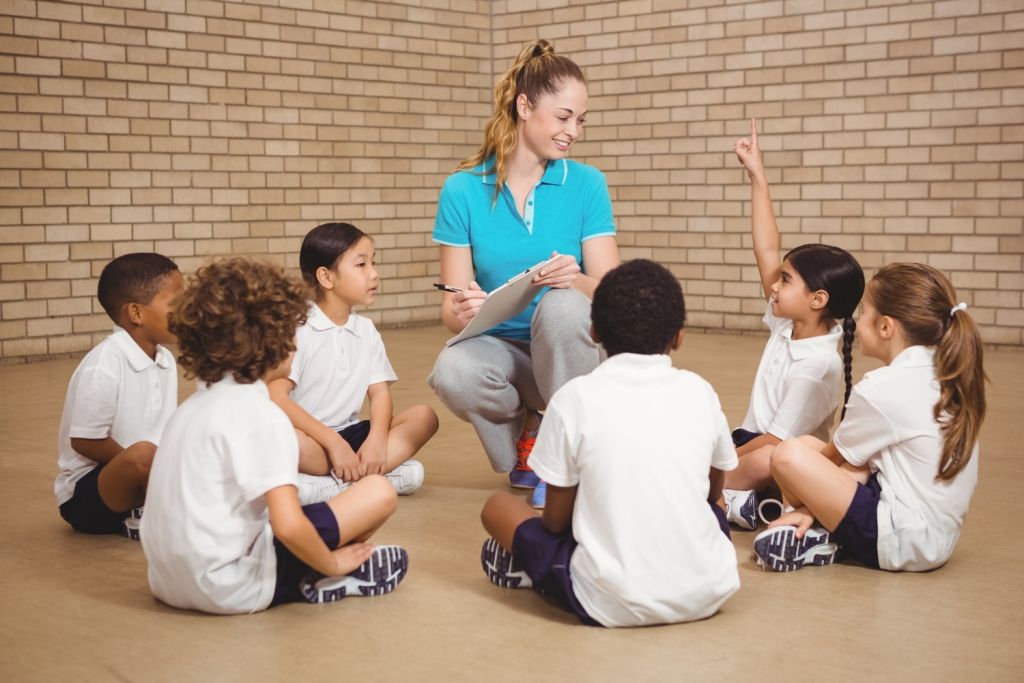
We achieve our goals through 3 different forms of therapy
- Building skills and capacity to perform the task.
- Altering the environment to better support the person’s participation.
- Modifying the task to allow for improved participation.
We assist parents and caregivers by providing information about their child’s progression and empower the parents to support their child’s engagement in their activities of everyday life.
Our OT services can be run in our clinics, school settings, teletherapy or even in the home.
Some of the goals OT’s focus on include:
Fine Motor skills
The small movements of the hands that allow us to do everyday tasks like tying shoelaces and using cutlery
Handwriting
Developing letter formation, placement, spacing, fluency (smooth pencil flow) endurance, a functional pencil grasp as well as the ability to add a cognitive load of working out what to write!
Classroom skills
Assisting in their ability to actively participate in class, this might be through developing their fine motor skills, cutting skills, writing skills, ability to sit and pay attention, social skills etc. We are well versed in understanding the expectations and needs of a classroom in all types of school settings.
Executive functioning skills
These are the skills that we use to prioritise, set deadlines, organise ourselves and our belongings, achieve goals and hand assignments and homework in on time. It is a complex thinking process that some people need extra support with.
Gross motor skills
Coordination is a skill that effects many different areas of life, not just sport. Foundation and Functional Gross motor skills are linked with reading, writing, visual perception and executive functioning skills. So, OT sessions will commonly involve some form of gross motor skill development.
Sensory integration and regulation
Every person has a different interpretation of their world because of our sensory systems. Some of us love loud music others hate loud music, some of us change depending on mood! This is all controlled through our Sensory systems. Children who are Neurodiverse or have a sensory processing disorder often have difficulties coping or noticing the world around them. OTs can help to support their sensory systems to achieve the tasks they want/need.
Social skills and emotional regulation
Many children struggle with playground and social gatherings. There are so many rules, expectations, emotions rolling around etc. OT’s can use programs like the Alert Program®, Zones of Regulation™ or an individualised program just for you, to develop their skills and regulation in these complex, yet important parts of life.
Self-care skills
We all want to be able to do things for ourselves, whether that is simple things like scratching the itch we have, or complex tasks like making a meal. OT’s help to make this possible.
Visual perception skills
OT’s do not look at a child’s ability to see (we are not optometrists or orthoptists) but we do work with visual perception. This is the ability to perceive what we see.
- Can your child find their shoes in a messy room?
- Do they mix up their b’s and d’s (please note this is typically developing until the age of 7).
- Do they have trouble identifying what dot to dot picture will look like before it is complete.
- Do they have difficulty identifying when something is upside down or back the front?
Your child may benefit form support from an OT to work on their visual perception skills. This will often start by developing their midline crossing, neo-natal reflexes, motor planning skills and executive functioning.
Play skills & early development milestones
Younger children learn so much through play, it is often referred to as university for babies! However, when play is something that you find hard, many other milestones are also lost. Our OTs love to work with young children and their families to develop the play styles that work best for them!
We work with children who are neurotypical (developing in a typical manner but are finding a few hurdles in their way of some tasks) as well as children with Autism Spectrum Disorder, Learning Difficulties, Developmental Delays, Down Syndrome &Genetic Disorders.
Our OTs have a wide range of training and can implement programs such as The Alert Program®, Zones of Regulation™, The Astronaut Program®, Integrated Listening Systems, The Listening Program and many others.
Music Therapy
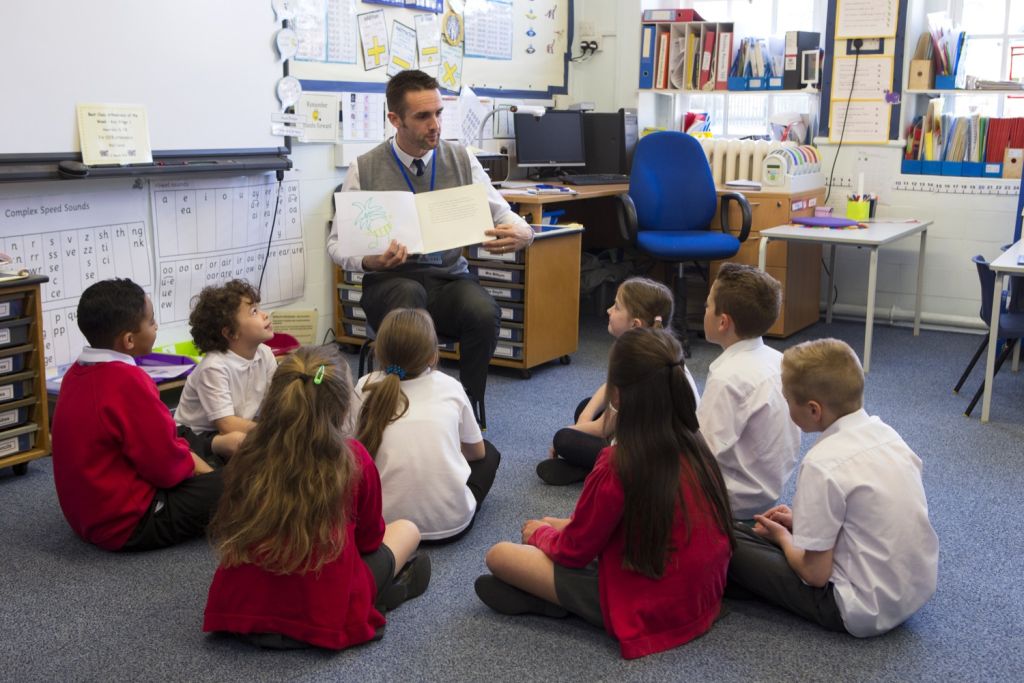
Music Therapy is a proven, evidence-based practice that offers numerous benefits for individuals of all ages and abilities. This unique and enjoyable approach enhances physical, emotional, and cognitive well-being. No musical background is required to participate—our skilled music therapist will tailor the program to suit your specific needs and abilities.
Benefits of Music Therapy
Our Registered Music Therapist (RMT) can help you achieve a variety of goals during music therapy sessions, including:
Mental Health and Wellbeing
Reduce anxiety and stress, improve mood, and increase motivation.
Speech and Communication:
Enhance speech, language and communication.
Social skills
Improve age-appropriate social skills through music making.
Physical Health
Improve body movement, coordination, and physical functions
Cognitive Function
Boost memory, attention, and overall cognitive function
Pain Management
Help manage pain
How Music Therapy Differs from Music Lessons
Music Therapy is distinct from traditional music lessons and entertainment. Its primary focus is on achieving non-musical objectives such as improving fine motor skills, speech, or communication. Through engaging musical activities like singing, playing instruments, dancing, and music making, clients are motivated to participate both physically and emotionally. While musical participation is integral to the process, the emphasis is always on therapeutic outcomes rather than developing musical skills.
Behaviour Therapy
Behaviour therapy is a therapeutic approach based on the principles of Applied Behaviour Analysis, focusing on building the individuals skills to decrease maladaptive behaviours which may be interfering with the person’s quality of life and/or learning.
It is an approach which uses positive reinforcement to build skills.
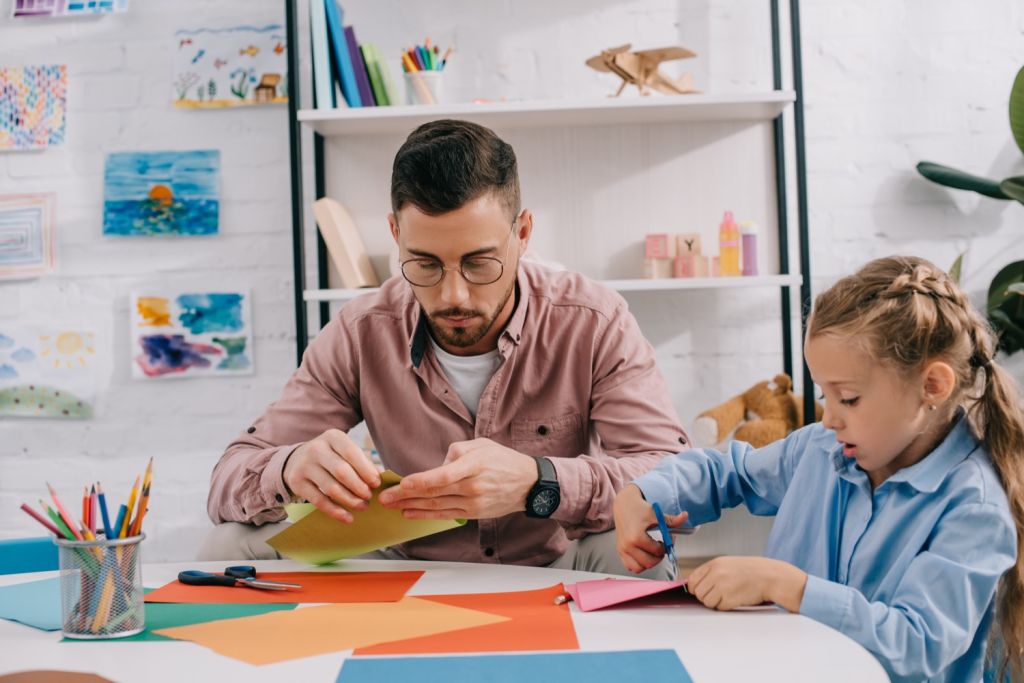
Key Principles of a Behaviour Therapy Program:
Some of the goals Behaviour Therapist’s focus on include:
Individualised
The therapy goals are individualised to the child’s skills, needs, interests and preferences. A detailed initial consultation is conducted to discuss strengths, weakness, needs and goals. Considerable time is spent getting to know the child and having a deep understanding of their behaviours to be able to develop a treatment plan.
Strengths and skills focused
Using a skills-based approach ensures that the child’s therapy considers your child’s strengths and abilities. When the therapy focus is to reduce challenging behaviour, it will focus on improving your child’s existing skills or teaching them new skills.
Naturalistic teaching
The teaching of new skills is done from a natural, play-based approach so that the children enjoy their therapy and learn new skills as they play.
Meaningful
Therapy will focus on developing skills that are helpful and meaningful to your child and family.
Parent and caregiver training
The therapy program involves offering support and training to parents, caregivers and family members. Therapists teach parents and family members skills and strategies that will help maintain desirable behaviours in the home, school, and community settings.
Behaviour Therapy can help to
• Increase language and communication skills
• Improve attention, focus, social skills and academics
• Decrease problem behaviours
• Improve daily living skills
Psychology
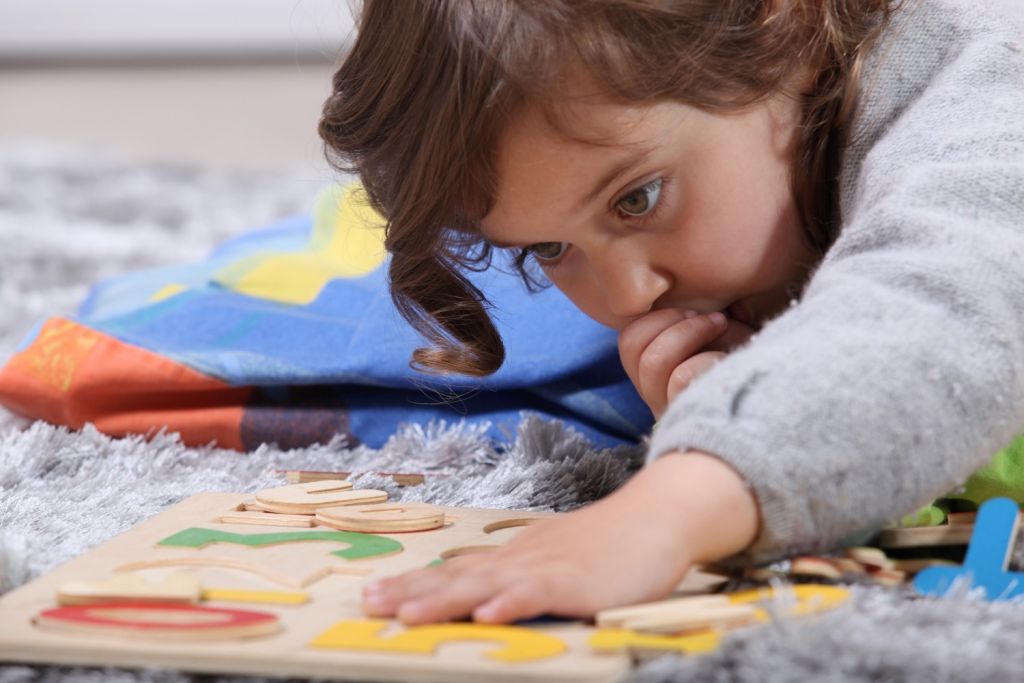
Our Psychologists are dedicated to helping individuals understand and manage their mental health and well-being. Our team focuses on working with children, young adults, and their families, providing tailored support to address a wide range of psychological needs.
We achieve our goals through various therapeutic approaches:
Individual Therapy
Helping children and adults develop coping strategies, improve emotional regulation, and build resilience. Aiming for improved quality of life.
Family Therapy
Enhancing communication and relationships within families to support the child’s development and well-being.
Group Therapy
Providing a supportive environment to develop skills and learn from the experience of others. Our children’s groups are run during school holidays and may include mindfulness groups and well-being groups. Our Parent support groups include “Circle of Security” and general support groups.
We also offer “The Cool Kids Anxiety Program” throughout school terms.
Assessment
Our Psychology team offer psychometric assessments, academic assessments and general anxiety screeners or ADHD assessments. Understanding the core foundation of a difficulty is the key to finding a direction forward.
Our psychologists work closely with parents and caregivers, offering insights into their child’s progress and empowering them to support their child’s mental and emotional health. Support for adults is also available.
Our psychology services are available in various settings, including clinics, schools or via teletherapy
Key Areas of Focus
– Mental Health and Well-being: Addressing anxiety, depression, stress, and other mental health issues to improve overall emotional health.
– Social Skills Development: Enhancing the ability to interact effectively with peers and adults, crucial for building meaningful relationships.
– Emotional Regulation: Teaching strategies to manage intense emotions, helping children cope with frustration, anger, and sadness.
– Cognitive and Academic Support: Working on executive functioning skills, such as organisation, time management, and study strategies to improve academic performance.
– Developmental Assessments: Identifying and addressing developmental delays and learning disabilities to provide targeted support and interventions.
– Trauma Support: Providing specialised support for children dealing with traumatic experiences or significant losses.
Specialised Programs and Techniques
Our psychologists employ a variety of evidence-based programs and techniques, including:
– Cognitive Behavioural Therapy (CBT)
– Exposure & Response Prevention (ERP)
– Mindfulness-Based Stress Reduction (MBSR)
– Social Skills Training Programs
– Play Therapy
– Trauma-Focused Cognitive Behavioural Therapy (TF-CBT)
We work with children who are neurotypical as well as those with Autism Spectrum Disorder, Learning Difficulties, Developmental Delays, Down Syndrome, and other genetic disorders. Our goal is to provide comprehensive support to help every child and their family thrive mentally and emotionally.
Our psychologists are highly trained and equipped with a range of therapeutic techniques and programs to meet the diverse needs of our clients. Whether your child needs help with specific challenges or overall mental health support, our team is here to guide and support them on their journey.
Multidisciplinary Services
Harmonising Growth & Development
- Feeding Clinic – for fussy and complex eaters. Including PEG and NG tube children.
- Case Conferences – for children with complex needs seeing multiple health professionals.
- Multidisciplinary sessions – for children with short attention spans but complex needs, we are able to support with 2 therapists in the one session for multidisciplinary sessions.
